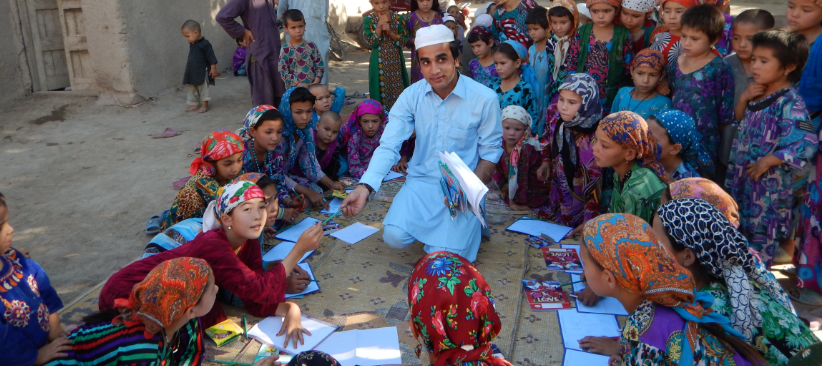As part of our humanitarian response, PACo organization implements comprehensive Shelter, Food, and Non-Food Item (FI/NFI) interventions aimed at addressing the urgent needs of internally displaced persons (IDPs), returnees, and host communities affected by conflict, displacement, and natural disasters across Afghanistan. These interventions are guided by the Emergency Shelter and Non-Food Items (ES/NFI) Cluster strategy, UNHCR Shelter Implementation Standard Operating Procedures (SOPs), and aligned with national frameworks such as the Afghanistan Humanitarian Response Plan (HRP) and the National IDP Policy.
Our shelter programming includes the provision of emergency, transitional, and permanent (durable) shelter solutions, tailored to local contexts and needs. We prioritize protection-sensitive, inclusive, and culturally appropriate designs that ensure the safety, dignity, and accessibility of vulnerable groups, including women, children, the elderly, and persons with disabilities.
In parallel, we distribute essential Food Items (FI) and Non-Food Items (NFI) to meet immediate survival needs, including the provision of core relief items (CRIs) such as blankets, kitchen sets, solar lamps, and hygiene materials, in accordance with ES/NFI Cluster minimum standards. During harsh winter months, we implement winterization interventions, including distribution of winter-specific NFIs, heating materials, and seasonal cash assistance to help households cope with life-threatening weather conditions.
Recognizing the importance of resilience and sustainability, our response links shelter and NFI support with livelihood interventions where possible, such as cash-for-work, vocational training, or income-generating activities, to help affected families rebuild their lives and reduce long-term dependency on humanitarian assistance.
In coordination with local authorities, community leaders, and humanitarian partners, we also employ cash-based programming for NFIs and multipurpose use, enabling households to meet their most pressing needs with dignity and flexibility.
Through these multi-sectoral and inclusive emergency interventions, we contribute to the broader humanitarian and development goals of Afghanistan, in alignment with the Sustainable Development Goals (particularly SDG 1: No Poverty and SDG 11: Sustainable Cities and Communities), the Core Humanitarian Standard on Quality and Accountability (CHS), and the Grand Bargain commitments to localization, cash programming, and improved coordination
